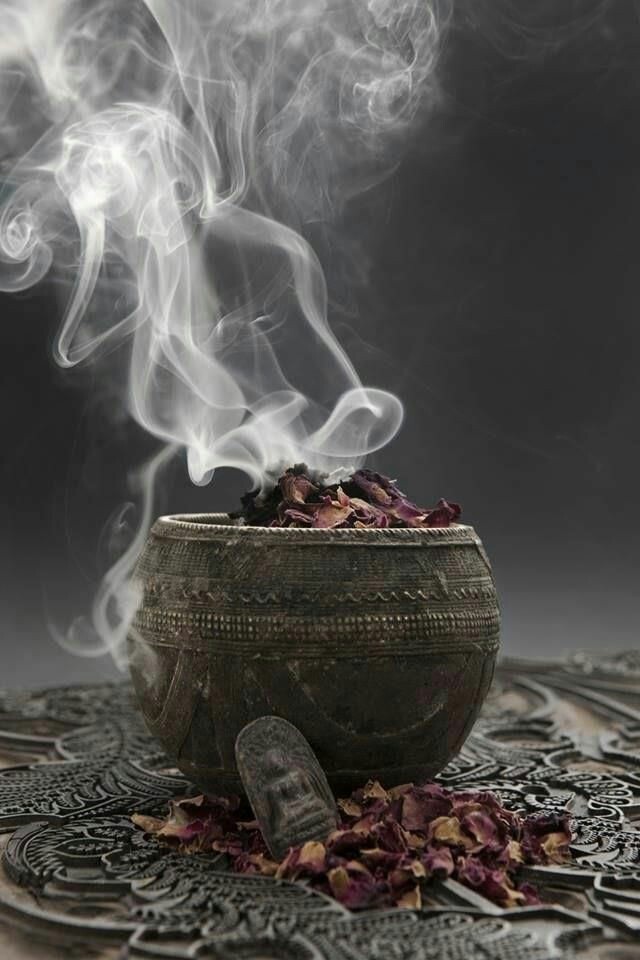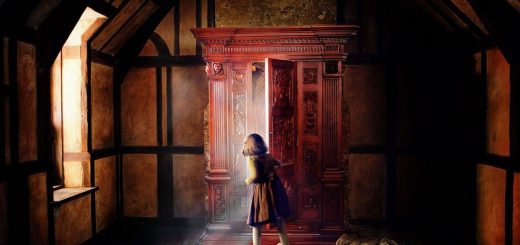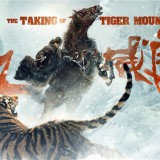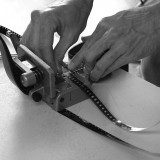17. The Change of Return
March 26th 2020, Tuesday
Dear Blog,
Upon seeing a photo of Katherine holding her new kittens taken by Richard from their Beijing home, Hanson cannot help but admit that his headstrong mother is getting old. Her hair, which used to be dark and full of luster, is now dry and gray. He had been noticing this for a few years now even though she would dye her hair frequently to hide the progression of her age. He did not want to admit it because he felt that the moment he did, he would lose all claims on feeling mistreated, for one cannot be angry with an old woman. Time shall be her undoing. There is really no need to add to her sufferings. Perhaps more selfishly, Hanson did not want to grow up. He is starting to understand that maturity is largely dependent on one’s ability to choose love above all things. When one is young, love is something to be claimed, and should one’s claim for such love gets denied, bitterness follows which festers into something insidious, a cloud that refuses to dissipate which blocks out the sun.
You must stop blaming God, and not blame any person. You must completely control your desire and shift your avoidance to what lies within your recent choice. You must no longer feel anger, resentment, envy, or regret.
— Epictetus, Discourses, 3.22.13
Hanson had, for the most part, starting to abandon his sorrows. Living in a country far away from them certainly helped. When flashbacks of pain from his childhood flash through his mind, as thoughts usually do, he would not engage with anger and refuse to let his self-righteousness take over to affirm his sufferings. Instead, he had learned to hold the child that was hurt, hold him tight and send him his love. But he hasn’t really done this for his parents, perhaps thinking that he should practice loving himself before loving them, for he had spent the majority of his childhood, even his adulthood, trying to do what he thinks would please them, for their love is the possessive type, more anxious and more controlling than the alternative. He could hardly blame them. Not only was he their first child, meaning they probably made all the mistakes they could have made with him, but he was also their only child, meaning no matter how he turns out in life, they do not have another choice but to accept him for what he is. Hanson used to believe that he owed everything he had to his parents, for despite their inability to show affections, they offered their financial support in his life when he needed them the most. It was their way of saying you are our son, and we care about you.
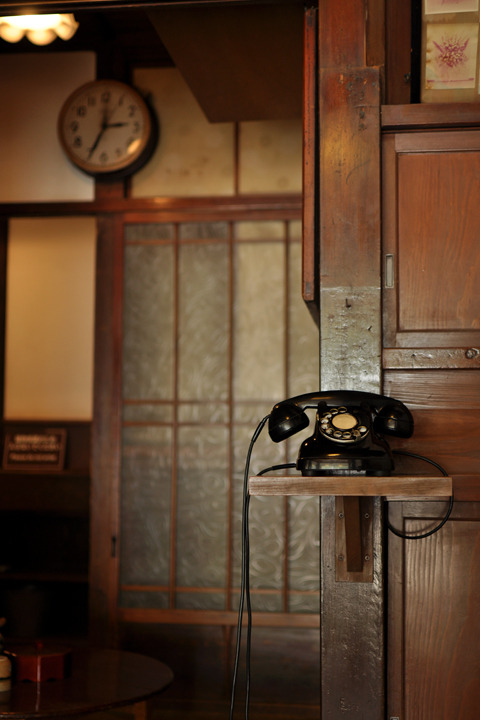
Qingming Festival is coming on April 4th this year, also known as Tomb Sweeping Day or Chinese Memorial Day. One is supposed to visit the graves of one’s ancestors and pay tribute. This year would be a tough time for many Chinese who survived the initial coronavirus outbreak. Wuhan will still be in lockdown until April 8th, which means for people who would like to visit their deceased family members who passed away during the outbreak, they still cannot return to pay their tribute. An article came out today by Caixin Media, reporting how people lined up to pick up the ashes from the funeral home in Wuhan for the first time since the outbreak began in January. If you arrived without a reservation, you might have to wait for up to 5 hours because there are simply too many ash boxes to hand out. There were no cries to be heard, for it was not allowed. A lady started bawling, which made everyone look, embarrassed for her. The most absurd requirement was how each person needed to be accompanied either by a member of the community they lived in or a member of their company that they worked for. They cannot pick up their families’ ashes alone, probably as a way to further reduce the public display of sorrows in these trying times. I was simply heartbroken to read these words and stories. During the worst days in the hospitals, the cars from the funeral homes would carry seven to eight bodies per trip, with a vehicle that was usually reserved for only one body at a time. Bodies lying on top of one another. I cannot even begin to imagine the horror of those who witnessed it in person. The cremation furnace could only hold one body at a time and was sometimes not large enough. You do not want to know what happened to bodies that were longer than 1.8 meters.
Chinese people do not like talking about death. Whenever Hanson even remotely mentioned death when he was a child, Catherine would always scold him for saying something so inauspicious, as if even uttering the word could bring misfortune. Qingming Festival was about the only time in the year where grief and the concept of death were allowed to resurface into the conscious mind, despite the performative nature of the rituals required.
Hanson went back to his hometown in Hunan province to pay tribute to Richard’s parents once during Qingming and was surprised to witness the breakdown of his father, this stoic figure who normally wouldn’t express any feelings other than the occasional rage when provoked by Catherine. Richard broke into sobs before keeling down in front of his father’s grave and Hanson could never forget the sight of his father breaking down with such intense sadness against the grave of a person who he had barely any memories of. He wondered if he would be so devastated when he visits Richard’s grave one day in the future. That is a useless way of reasoning. One never knows how one would feel unless one arrives at the moment.
He also burned some fake money for Catherine’s father during Qingming a few years ago near a crossroads around their Beijing home, a ritual intended to pay tribute to the deceased. She muttered her wishes to her father, asking for his blessing, but the tone implied her deep sorrows of missing him, the kindest man she had ever known, the most perfect man in her life. All the things that she could have said to him when he was alive are now forever lost. That was Hanson’s impression at least, her regrets that cannot be put into words but can only be manifested through the physical act of performing the tribute.
What is an acorn if not an oak tree that has lost its branches, leaves, trunk and roots, with all its particular features now concentrated into a single essence with the potential to re-capture everything that it has discarded? Such impoverishment, such contraction, in other words, it’s merely external. To die is to return to one’s eternal existence. Death means not extinction, but a return to one’s potential.
— Amiel, PJ
He would like to share this paragraph with all those who had been mourning for their loved ones. Hanson hopes that he would one day have the courage to tell his parents how he really feels about them before the chance is forever lost. In the meantime he shall work hard to gain control of his future, for that is the most responsible thing to do for himself, for the families that he was born into, and for the chosen family that is yet to come.
Are you really so afraid of change? Nothing can happen in this world without change. You cannot heat up water without the firewood being transformed; you cannot eat without a change taking place in the food you’re eating. The whole of life is nothing but a series of changes. Try to understand that the changes that lie ahead in your life are part of this process and are, by their very nature, necessary. We need to avoid doing anything that is contrary to human nature and to follow the path which it tells you to follow.
— Marcus Arelious, Meditation
